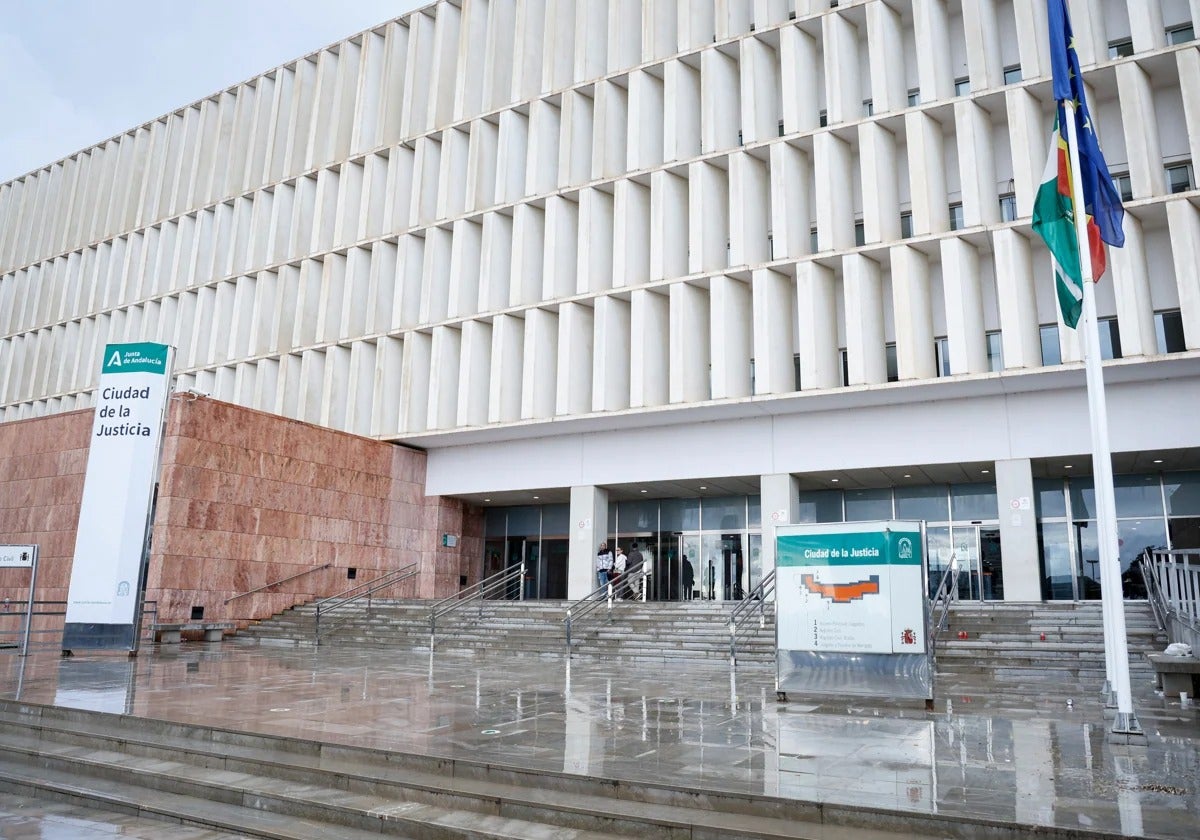Bid to cut the number of autopsies in Malaga
The Ministry of Justice has signed an agreement with the Junta de Andalucía's health authority in an attempt to reduce the 37% of autopsies that are deemed natural deaths
The number of autopsies performed in Malaga province in 2024 in cases of natural death accounted for 37% of the total. According to a report by the province's Colegio de Médicos professional association for licensed medical practitioners, the year closed with a total of 638. This percentage means that 238 autopsies were carried out in cases where there was no suspicion of any criminality. A fact that has led the regional Ministry of Justice to sign a new protocol with Andalucía's SAS public health authority to try to reduce the number of such procedures where it makes no sense to order an autopsy.
Its objective, as the text states, is to establish for Andalucía "a stable system of cooperation that makes possible a swift, effective and efficient processing of the fate to be given to corpses that have suffered a natural death that is neither suspicious nor giving any indication of a crime."
Loss of a loved one
The presentation of this agreement took place at the headquarters of Malaga's Colegio de Médicos and was attended by the acting president of this institution, Pedro Navarro, the provincial delegate for Justice, Teresa Pardo, and provincial delegate for Health, Carlos Bautista, among others. Navarro explained that the agreement "establishes a system of cooperation that represents a clear response to the needs of doctors, forensic experts and, above all, families at such a difficult time as the loss of a loved one."
He also highlighted that "its main objective is to streamline, humanise and optimise the management of death certificates in cases of natural deaths not suspected of any criminality, reducing excessive formal legalities and saving unnecessary suffering for families-"
Suffering faced by families
For his part Pardo spoke to underline the "suffering faced by the families of people who have died of natural causes with no evidence of criminality because the autopsy prevents them from being buried until a few days later." The regional health minister made it clear that, thanks to the agreement, "doctors will have the telephone number of the on-call coroner to call in case of doubt. It is an important support. "
The agreement defines the competences of SAS's licensed, practising doctors and IMLCF-certified medical examiners to issue death certificates according to the circumstances of the death. It also establishes the elements to be taken into account by the attending physician to determine whether or not there is evidence of a violent death or suspected criminality and it sets out a commitment by medical staff and forensic experts to act according to the environment in which the death occurred: at home or in hospital.
The most notable new feature is that, if the attending physician considers that he/she cannot issue a death certificate because he/she considers it to be a death that warrants judicial investigation, he/she will have to issue a report justifying their reason(s). Likewise, should any doubts arise as to how to proceed, he/she will be able to consult the forensic expert on duty to resolve them. To this end, the IMLCF (Malaga's institute of legal and forensic specialists) has made available to all doctors in the province the telephone numbers of their on-call medical examiners.

